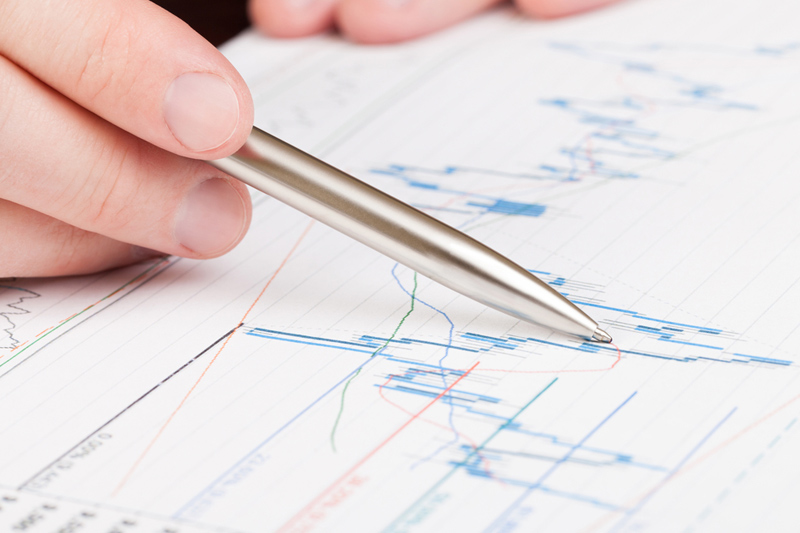[ad_1]
© Reuters. FILE PHOTO: Birds are seen over the skyline as the sun rises in Frankfurt, Germany, September 22, 2022. REUTERS/Kai Pfaffenbach
By Miranda Murray
BERLIN (Reuters) -German inflation eased for a second month in a row in December due to falling energy prices and the government’s one-off payment of household energy bills, coming in below expectations even as analysts warn that a continued slowdown is not a given.
German consumer prices, harmonised to compare with other European Union countries, rose by 9.6% on the year in December, preliminary data from the Federal Statistics Office showed on Tuesday. Analysts polled by Reuters predicted prices would rise by 10.7% year-on year in December.
October saw the highest reading since comparable data going back to 1996, with harmonized price index up 11.6% on the year. November saw a slight easing, with an increase of 11.3%.
A one-off payment for household energy bills in December, part of government efforts to shield consumers, had a downward effect on prices, according to the statistics office.
Compared with November, December prices fell by 1.2%. Analysts had expected a drop of 0.5% on the previous month.
The annual increase has been driven primarily by a surge in food and energy costs due to the war in Ukraine.
Energy prices eased somewhat in December but were still up 24.4% compared with the same period last year, while food prices had increased by 20.7%, according to the office.
The Bundesbank had expected lower inflation rates in December because of relief measures, President Joachim Nagel said last month, adding that the inflation levels would remain around 7% in 2023 before retreating significantly in 2024.
According to the bank’s new forecasts, German inflation is now seen at 7.2% in 2023 and slowing to 4.1% next year.
Germany’s full-year harmonized inflation rate jumped to 8.7% in 2022 from 3.2% a year earlier, said the statistics office.
Hauck Aufhaeuser Lampe private bank chief economist Alexander Krueger said it was too early to sound the all-clear but that the inflation peak appeared to be already behind.
“Core inflation remains the number one inflation scourge for the time being,” he added, referring to a measure that excludes volatile food and energy costs.
Commerzbank (ETR:) chief economist Joerg Kraemer also warned that core inflation had risen further and said the European Central Bank’s “hesitant approach” means high inflation will stick around, despite energy relief measures.
The ECB sees inflation in the euro zone exceeding its 2% target through 2025 and in response has raised interest rates by a combined 2.5 percentage points since July – its fastest pace of monetary tightening on record.
[ad_2]
Image and article originally from www.investing.com. Read the original article here.

